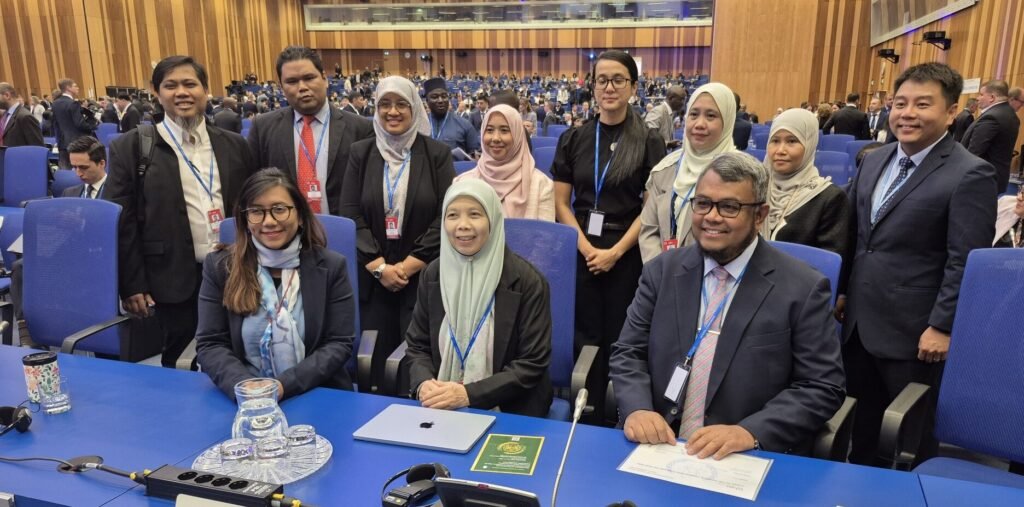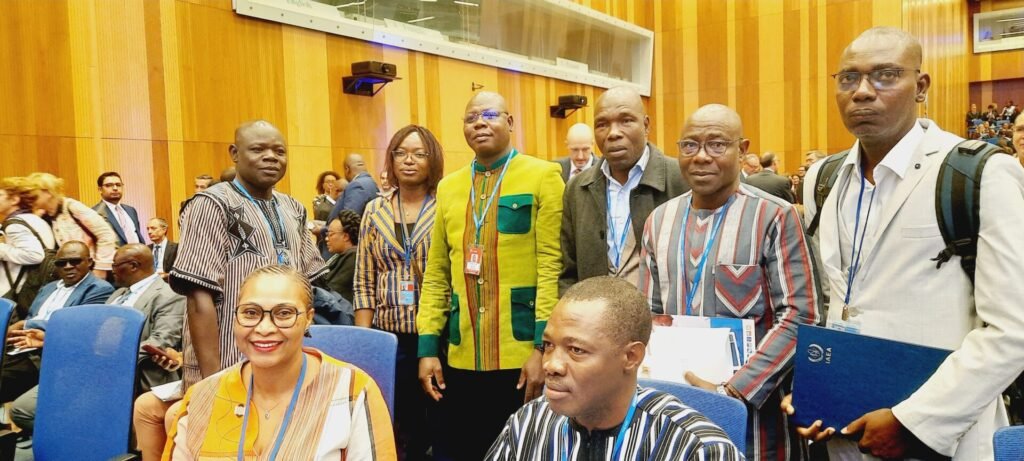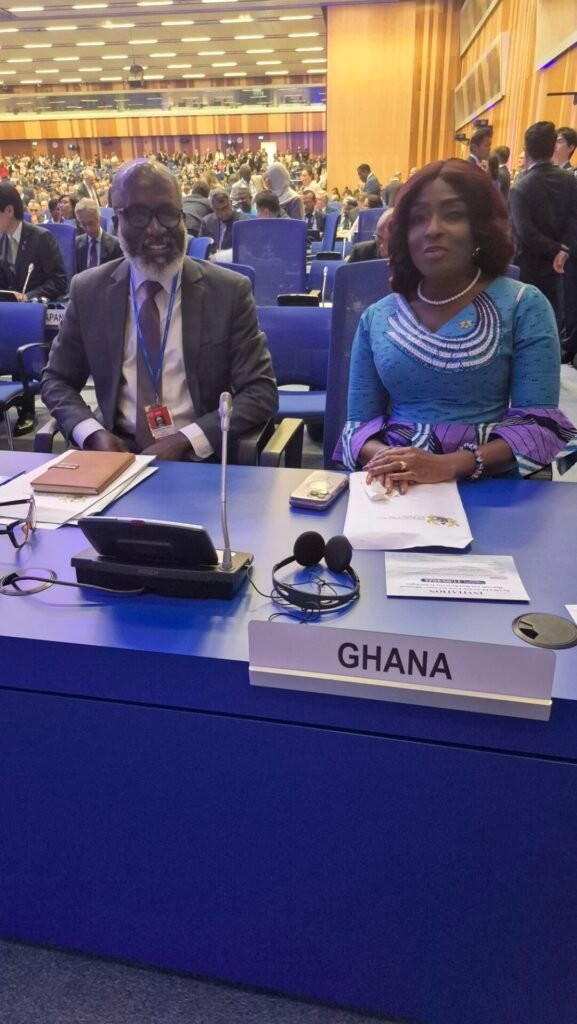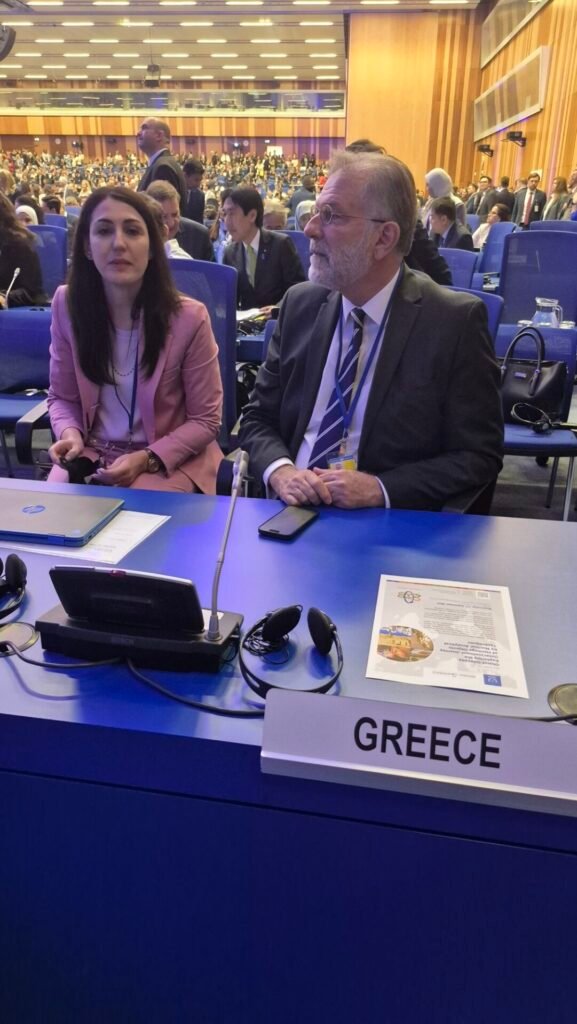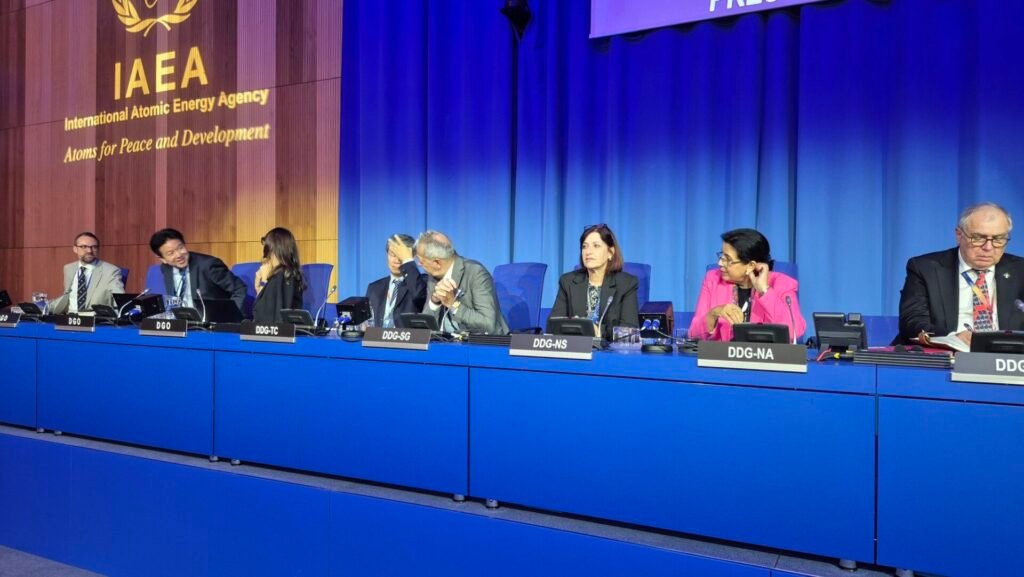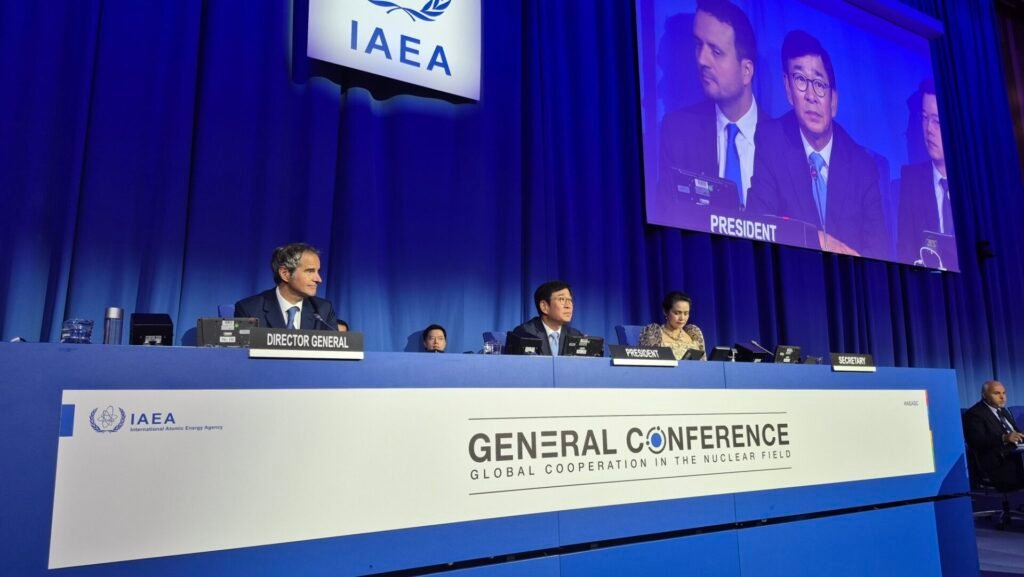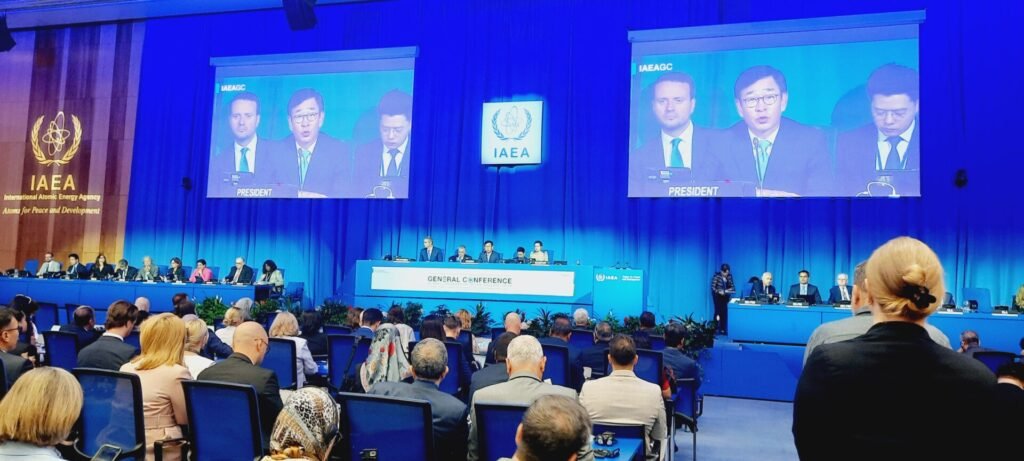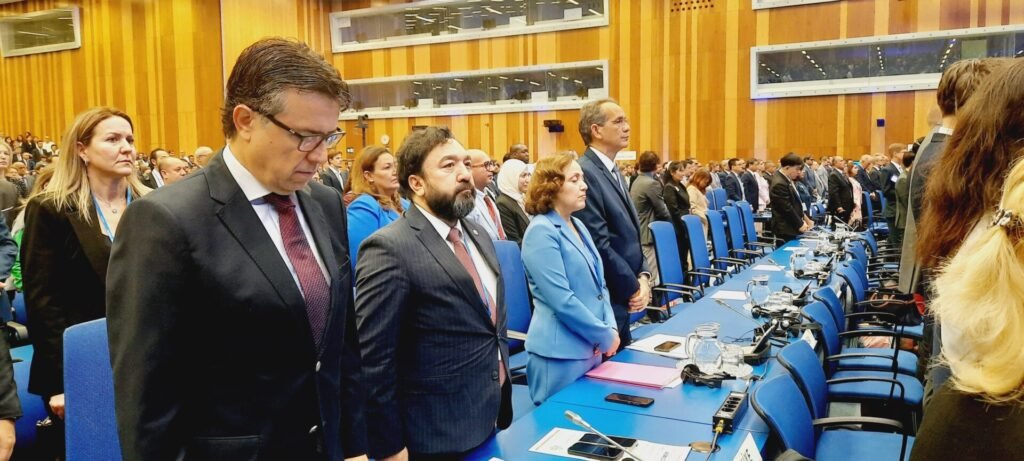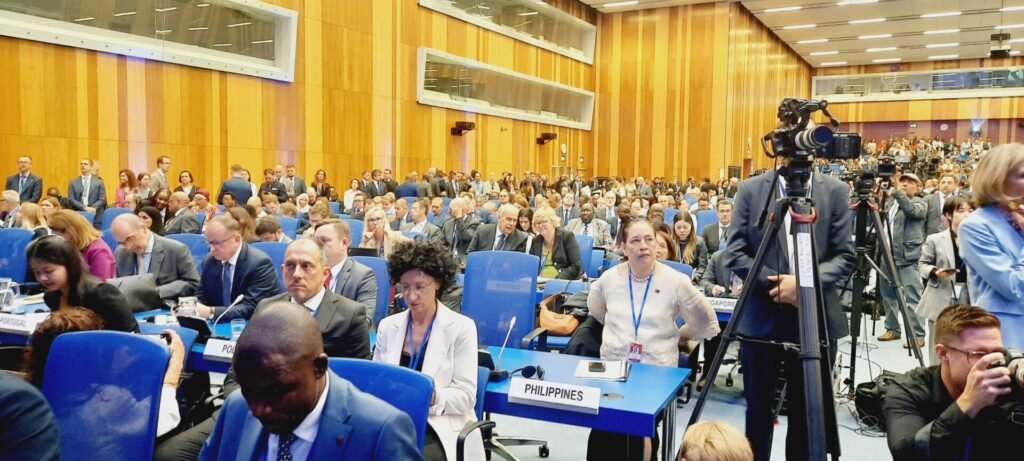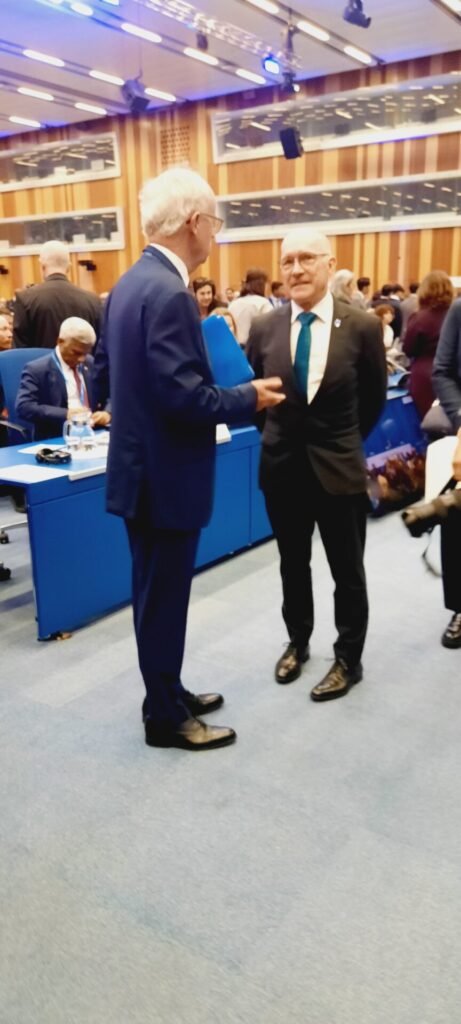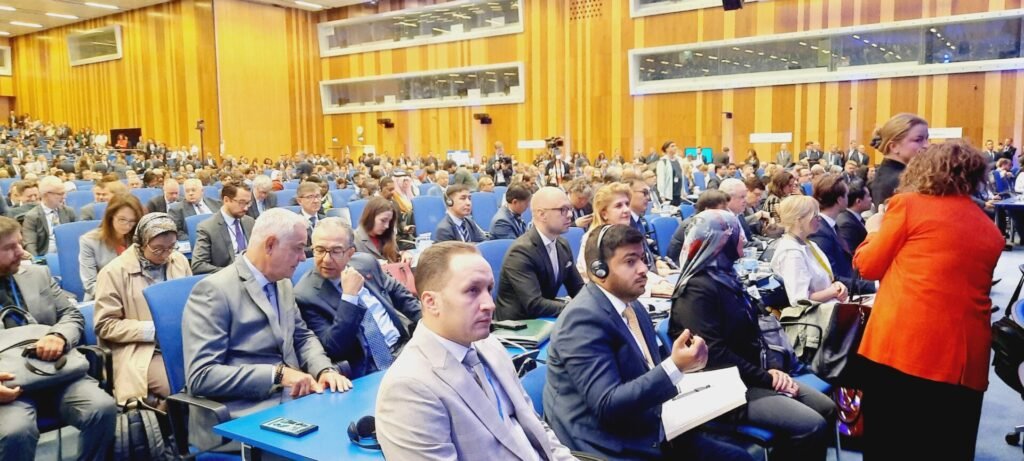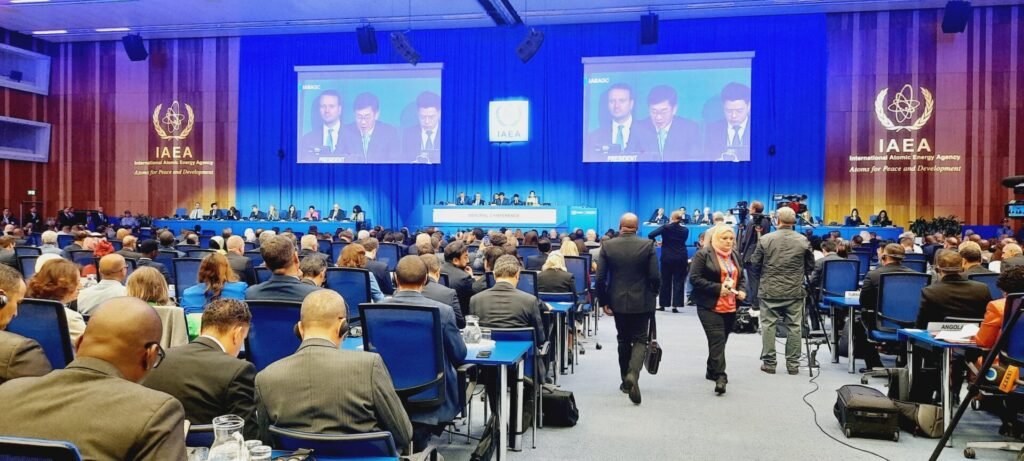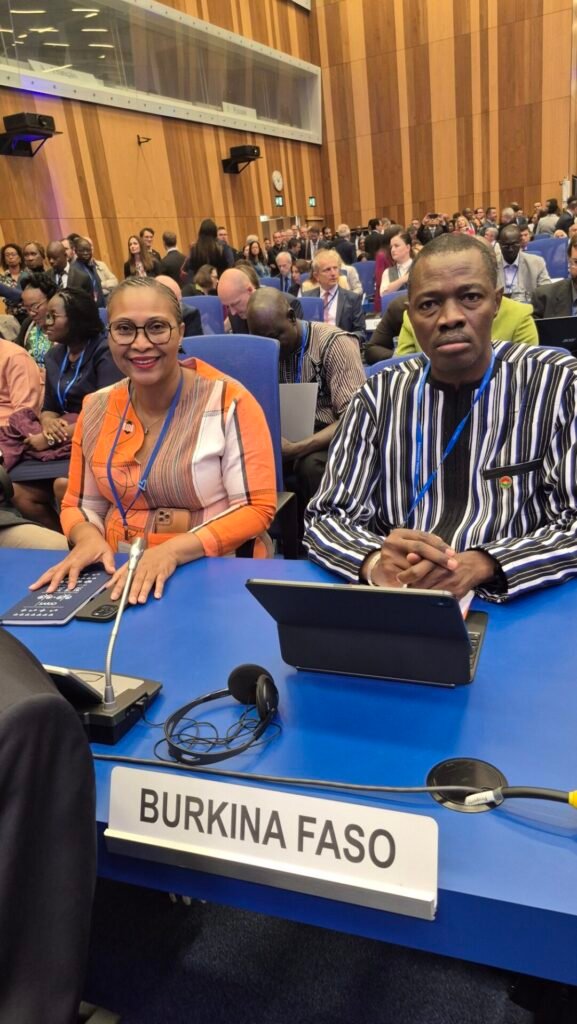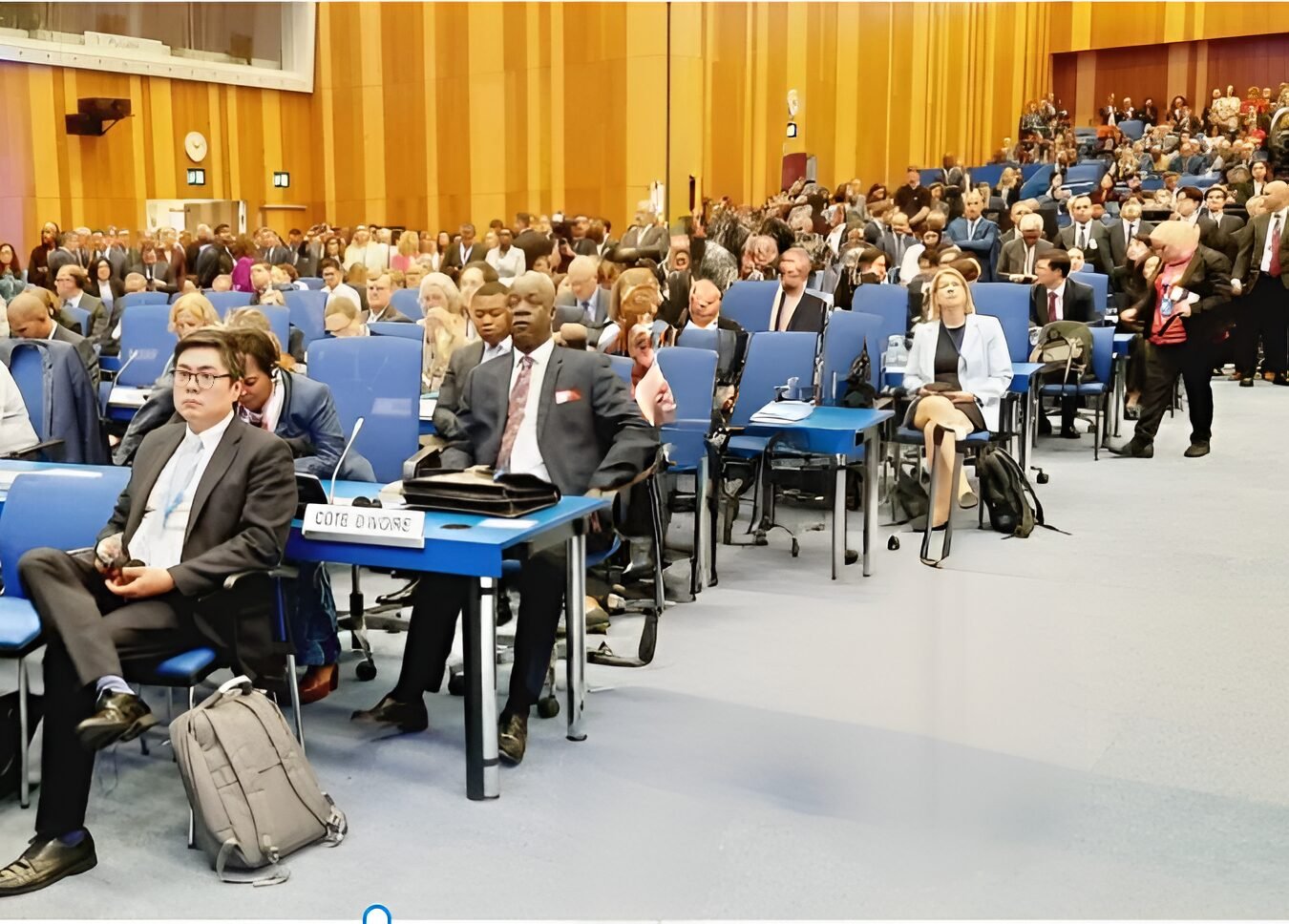Overview of the 69th IAEA General Conference
The 69th IAEA General Conference is set to take place in September 2025 in Vienna, Austria, marking a significant event in the field of nuclear policy and cooperation. The International Atomic Energy Agency (IAEA) brings together leaders, scientists, and national representatives from all 180 member countries at this pivotal gathering. The conference serves as the principal forum for engagement and discussion regarding various nuclear-related issues that impact countries across the globe.
One of the key objectives of the conference is to provide a platform for member states to address pressing global challenges related to nuclear energy, security, and safety. Participants will have the opportunity to exchange knowledge, share experiences, and discuss best practices in managing nuclear technologies. Furthermore, the conference will explore innovative nuclear initiatives that can contribute to sustainable development and address climate change, thereby reinforcing the role of nuclear energy in achieving international targets.
The agenda will encompass a wide range of topics, including budget considerations, strategic initiatives, and the agency’s operational plans. Additionally, the IAEA aims to emphasize the importance of international collaboration in ensuring the peaceful use of nuclear technology. As such, expected discussions will also cover non-proliferation efforts and the agency’s role in facilitating bilateral and multilateral cooperation among member states.
In summary, the 69th IAEA General Conference promises to be a crucial event that will shape nuclear policy and foster international dialogue among member nations. It will enable participants to collectively strategize and develop actionable solutions to the myriad challenges facing the nuclear sector today while promoting a sustainable future through responsible nuclear energy use.
Key Discussions and Resolutions
The 69th IAEA General Conference served as a significant platform for dialogue regarding nuclear policy, emphasizing cooperation among member states in addressing critical global challenges. This year, various themes dominated the discussions, including nuclear safety, non-proliferation, and the promotion of technical cooperation in the peaceful use of nuclear technology. The plenary sessions provided an opportunity for each member state to present national statements, highlighting their unique perspectives and commitments to the agency’s objectives. This collaborative environment fostered an atmosphere of trust, enhancing the agency’s ability to facilitate meaningful discourse.
One of the key resolutions adopted during the conference was related to the importance of enhancing nuclear safety protocols. Participants underscored the need for rigorous safety standards and the implementation of best practices to ensure the safe operation of nuclear facilities. Resolutions in this area serve to strengthen international safety frameworks, reinforcing the commitment of all member states to minimize risks associated with nuclear energy use.
In terms of non-proliferation, the conference addressed the ongoing challenges nations face in preventing the spread of nuclear weapons. Member states reaffirmed their commitment to the Treaty on the Non-Proliferation of Nuclear Weapons (NPT), emphasizing the need for continuous dialogue and cooperation to achieve disarmament goals. This resolution reflects a shared understanding among nations regarding the necessity of maintaining peace and security on a global scale.
Furthermore, the discussions also encompassed the importance of technical cooperation, which aims to enhance the capabilities of member states in utilizing peaceful nuclear technology for development purposes. The resolutions ratified during the conference underscore the role of the IAEA in facilitating partnerships that enable access to advanced technologies, significantly contributing to sustainable development efforts worldwide.
Overall, the resolutions and discussions at the 69th IAEA General Conference highlight a collective commitment to nuclear safety, security, and cooperation, setting a pivotal agenda for the agency’s future operations and reinforcing the collaborative spirit that defines international nuclear governance.
Scientific Forum and Innovations
The annual scientific forum held during the IAEA General Conference plays a crucial role in shaping the discourse surrounding nuclear policy and technology. It serves as a platform for experts and policymakers to convene and explore various themes relevant to the application of nuclear sciences. In previous forums, discussions have ranged from nuclear safety and security to innovative solutions for energy sustainability. These interactions not only enhance collaboration among member states but also facilitate knowledge-sharing regarding best practices in nuclear science.
Looking ahead, the upcoming scientific forum will concentrate on the utilization of nuclear techniques in water resource management. Water scarcity is increasingly becoming a global challenge, and this forum aims to highlight how nuclear technology can provide solutions. Experts will present research and case studies that demonstrate the efficacy of isotopic hydrology and nuclear imaging in assessing water quality and availability. This focus is particularly timely, given the pressing need for sustainable water management in light of climate change and increasing population demands.
Furthermore, the IAEA is introducing new initiatives that underscore its commitment to addressing critical global challenges. Among these initiatives is the inauguration of the IAEA’s visitor center, which will serve as an educational hub for the public to learn about nuclear technologies and their applications. Additionally, the establishment of a transportable e-beam facility exemplifies innovation in the application of nuclear techniques for sterilizing medical supplies and enhancing food security. The convergence of these efforts reinforces the IAEA’s role as a catalyst for positive change, aiming to utilize nuclear science to tackle pressing issues such as health, environmental sustainability, and food production.
Communication and Collaboration Across Cultures
The 69th IAEA General Conference serves as a prominent platform for representatives from 180 countries to engage in meaningful discussions about nuclear policy. Central to this interaction is the critical role of communication, particularly given the diverse linguistic backgrounds of the delegates. With multiple languages being spoken, the work of United Nations interpreters and IAEA translators becomes indispensable, ensuring that dialogue flows seamlessly and that ideas are exchanged effectively.
During the conference, real-time interpretation and document translation are essential to bridging language barriers. This ensures that all participants, regardless of their native language, can contribute to discussions, understand proposals, and respond to inquiries. The logistical challenges of providing extensive language services cannot be understated. Translators and interpreters must be fluent not only in languages but also in the technical jargon of nuclear policy, allowing them to convey complex concepts accurately.
The multilingual nature of the General Conference highlights the breadth of cultural diversity present. This diversity enriches the conversation, allowing for a variety of perspectives and solutions to emerge regarding global nuclear governance. Effective communication facilitates international cooperation in nuclear policymaking, enabling delegates to discuss pressing issues collaboratively and develop consensus-driven strategies. The emphasis on multilingual dialogue fosters inclusivity, ensuring that all voices are heard, which is vital for fostering trust among nations.
As the delegates navigate the intricate landscape of nuclear discussions, it is through seamless communication that they can strive toward common goals. The IAEA General Conference exemplifies how overcoming language barriers not only enhances dialogue but also strengthens the collaborative framework necessary for addressing the complexities of nuclear policy. Each interaction, facilitated by skilled language professionals, lays the groundwork for a sustainable future informed by mutual understanding and respect.
